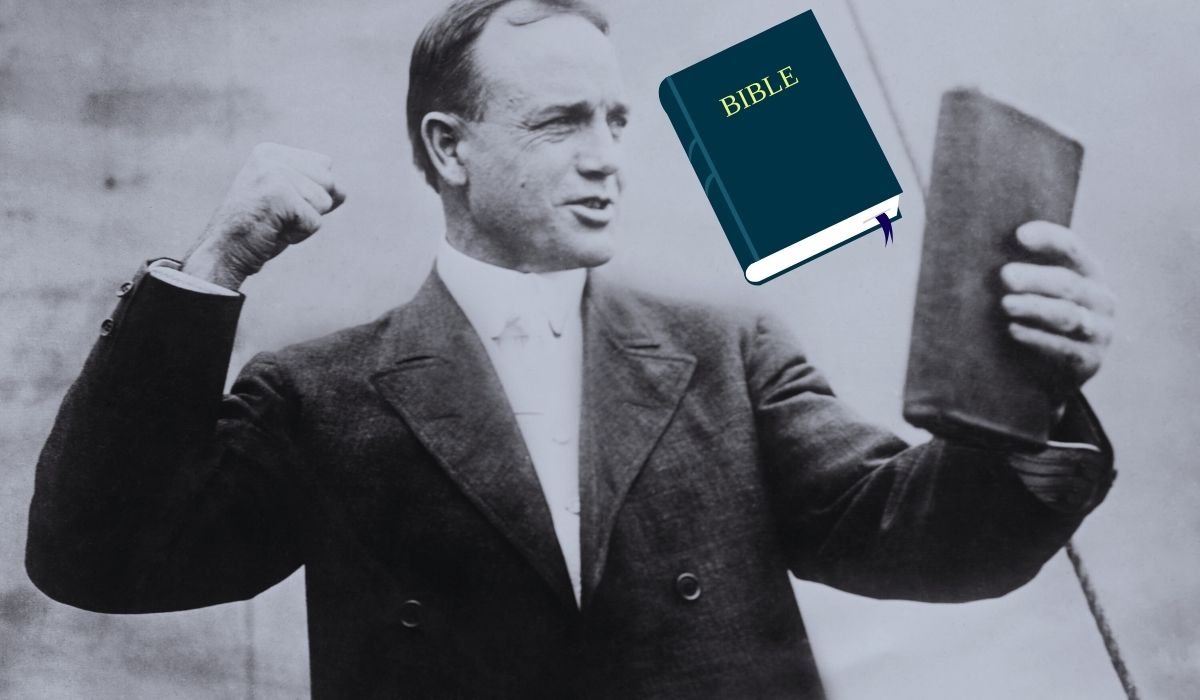 The Bible, a profound source of spiritual guidance, has influenced countless lives over millennia. Among its myriad characters, women play pivotal roles that are both inspiring and instructive. In this article, we will delve into the question, “How many women are named in the Bible?” while providing a framework on the order in which to read the Bible for a deeper understanding of its messages.
The Bible, a profound source of spiritual guidance, has influenced countless lives over millennia. Among its myriad characters, women play pivotal roles that are both inspiring and instructive. In this article, we will delve into the question, “How many women are named in the Bible?” while providing a framework on the order in which to read the Bible for a deeper understanding of its messages.
How Many Women Are Mentioned in the Bible by Name?
While the Bible predominantly highlights male figures, it does not overlook the vital contributions of women. A careful study reveals that approximately 93 women are named explicitly. These women’s stories range from those of profound faith like Mary and Deborah to tales of courage and cunning like Rahab and Esther.
The Significance of Women’s Names in the Scriptures
Names in the Bible often hold significant meanings and reflect the character or destiny of individuals. For example, the name “Mary,” which appears multiple times, means “beloved” or “wished-for child,” underscoring the affection and value these figures held within their stories.
How Many Books of the Bible Are Female Names?
Among the 66 books of the Bible, two books bear the names of women: Ruth and Esther. These books not only chronicle the lives and challenges faced by these women but also highlight their critical roles in God’s plans, showcasing their strength and faith.
Ruth and Esther: Models of Virtue and Courage
The Book of Ruth illustrates loyalty and devotion, both to family and God, while Esther’s story is a powerful testament to bravery and leadership in the face of impending genocide.
Which Woman Was Named in the New Testament?
The New Testament mentions several influential women, but Mary, the mother of Jesus, stands out. She epitomizes obedience and faithfulness, a testament to her crucial role in Christian theology as the mother of the Savior.
List of Women in the Bible in Chronological Order
Starting from Eve in Genesis to Lydia in the Acts of the Apostles, the Bible presents an array of women who influenced the biblical narrative. This chronological listing helps us understand their contextual impact across different periods.
Who Was the Powerful Woman in the Bible?
Deborah, a prophetess and the only female judge in the Old Testament, was a formidable leader who commanded Israelite forces into a victorious battle. Her story is a profound display of leadership and faith.
Woman in the Bible and the Meaning of Their Names
Exploring the meanings behind the names, such as Sarah (“princess”) and Leah (“weary”), enriches our understanding of their stories and the attributes they exemplify within the biblical texts.
Names of Virtuous Women in the Bible
Virtue in the Bible is often highlighted through figures like Elizabeth, who is remembered for her righteousness, and Mary Magdalene, noted for her profound loyalty to Jesus.
The Purpose of a Woman in the Bible
The Bible portrays women not merely as secondary characters but as central figures who fulfill God’s divine plans. From mothers and queens to disciples and leaders, women in the Bible represent a spectrum of roles, each contributing uniquely to the biblical story.
Conclusion
Understanding the women of the Bible enriches our appreciation of the text and highlights the integral role women play in biblical narratives and in the broader spiritual heritage. As we explore these stories, we gain insights into not only their historical and cultural contexts but also into how they can inform our personal lives today.












